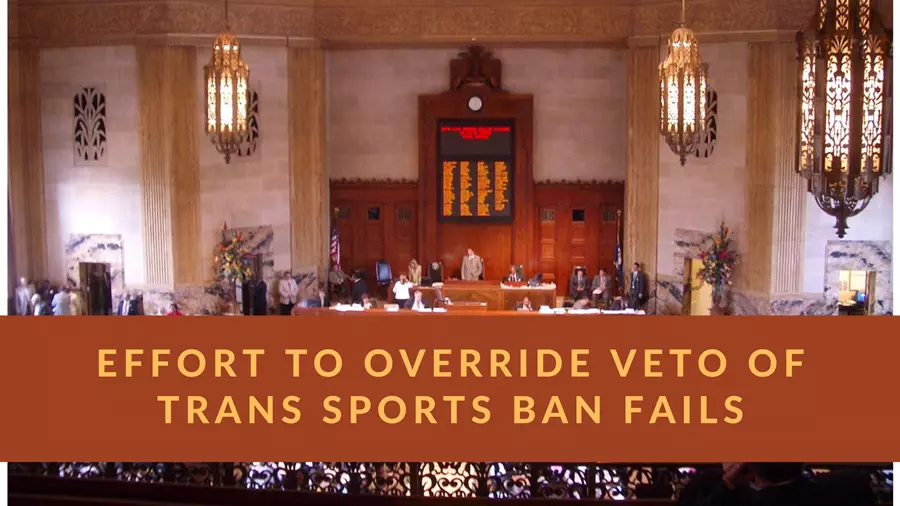
In the ongoing state-level conflicts concerning transgender rights, Louisiana's Republican-led attempt to override Democratic Gov. John Bel Edwards' veto of a sports ban targeting transgender individuals has been unsuccessful in the House.

In the ongoing state-level conflicts concerning transgender rights, Louisiana's Republican-led attempt to override Democratic Gov. John Bel Edwards' veto of a sports ban targeting transgender individuals has been unsuccessful in the House.

Curious about the NCAA's response to Idaho's controversial anti-trans law?
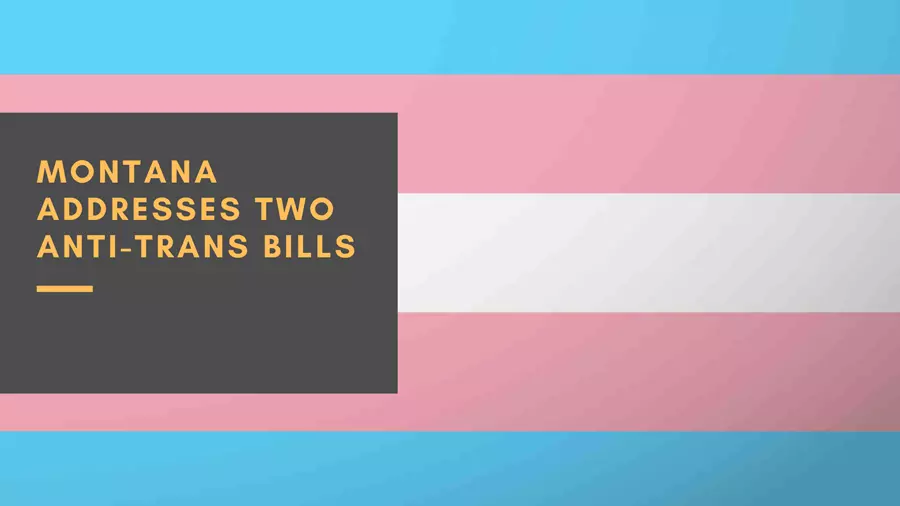
As much as we can be pleased with the Biden administration’s position on transgender rights, the number of anti-trans bills continues to grow.
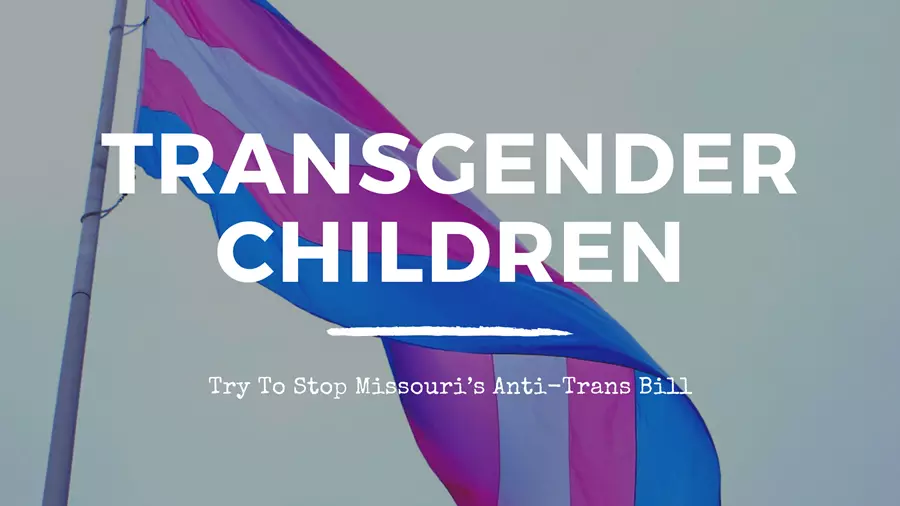
As the fight for LGBTQ+ rights gains momentum, the United States progresses towards greater inclusivity, a concerning rollback of transgender rights and freedoms is taking place across several states, putting the very future of LGBTQ+ equality in the country at risk.
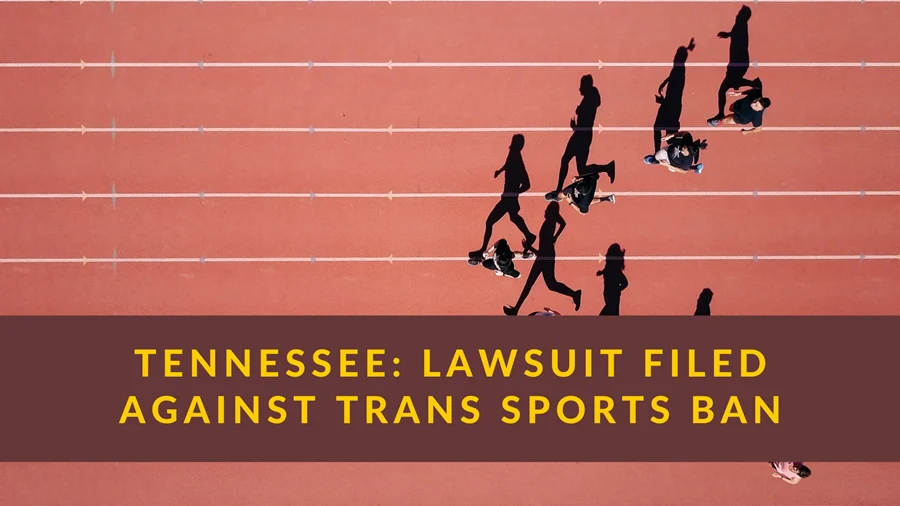
Amidst a challenging year for transgender students in Tennessee due to a restrictive sports law, advocacy groups have taken a stand, fighting against the barriers and discrimination they face.

Two month ago, I wrote about how the state of Tennessee was passing a bill that would ban transgender girls from playing sports in a team that matches their gender identities. It was a discouraging development, and unfortunately, the situation for transgender rights is no better in Arizona. The Senate Judiciary Committee has just approved a sports participation law, meaning it is one step closer to becoming real.

The recent enactment of a bill by South Dakota Governor Kristi Noem is deeply concerning, as it prevents transgender kids and students from playing on sports teams that match their gender identity.
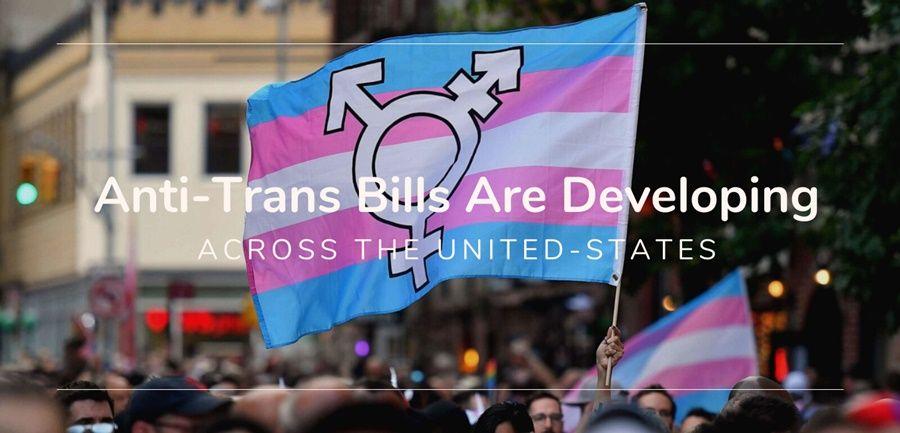
In New Hampshire and Idaho, legislators defeated anti-trans laws, but this year will be extremely difficult for the trans community.

Idaho Governor Brad Little recently signed into law HB500, a law that prevents transgender female student-athletes from playing the sport they love on a team that matches their gender. The ban will come into effect on July 1, 2020.

Many bills to prevent transgender female athletes from playing the sport they love are being introduced in the United States.

Until now, BMX Freestyle hasn’t been part of the Summer Olympics, but this will change as BMX Freestyle competitions will be part of the 2020 Olympic Games to be held in Tokyo next summer.
Freestyle BMX rider Chelsea Wolfe started the year with one goal in mind: to get a ticket to represent her country and our community at the Tokyo Games.
She could make history by becoming the very first transgender athlete to compete in the Olympic Games.